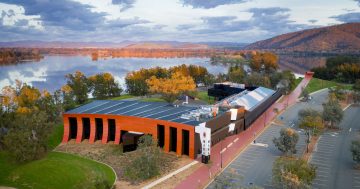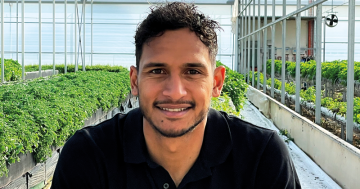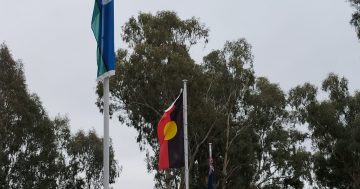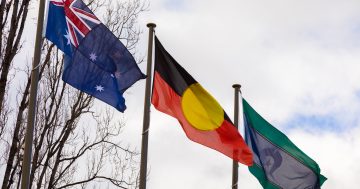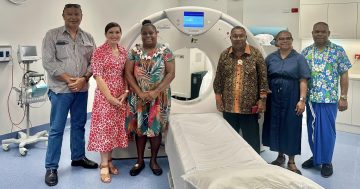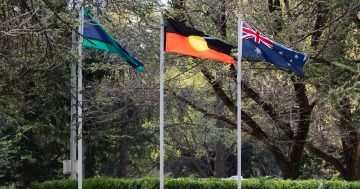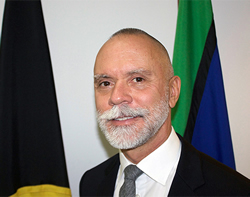 The Australian Institute of Aboriginal and Torres Strait Islander Studies (AIATSIS) is to review its guide for researchers into Indigenous peoples that assists them ensure their work is at the forefront of ethical practice.
The Australian Institute of Aboriginal and Torres Strait Islander Studies (AIATSIS) is to review its guide for researchers into Indigenous peoples that assists them ensure their work is at the forefront of ethical practice.
The Guidelines for Ethical Research in Australian Indigenous Studies (GERAIS) are part of the Institute’s continuing commitment to providing national and international leadership in the ethical practice of research concerning Indigenous peoples.
Chair of the AIATSIS Council, Michael McDaniel (pictured) said engaging ethically meant many things but ultimately it was about respect and honour.
“For me, it is yindyamarra, a Wiradjuri concept which means to act with honour and respect, wisdom, to go slowly and act responsibly, be gentle and polite and honest with each other, be careful of the words and actions you put out to the world and understand the impact they have,” Professor McDaniel said.
Chief Executive of AIATSIS, Craig Ritchie said the Institute’s guidelines were regularly updated to reflect changes in critical areas of ethical practice, however, this represented the most substantial review since 2012.
“Next year marks 20 years since the guidelines were first released, and whilst they have established themselves as standard best practice, they were quite revolutionary at the time,” Mr Ritchie said.
He said they proceeded from a human rights framework, which is what distinguishes them as world best practice for engaging in Australian Indigenous research.
“They affirm that Aboriginal and Torres Strait Islander peoples expect to be fully engaged in any processes, projects and activities that may impact on us,” Mr Ritchie said.
He said the Guidelines recognised that Aboriginal and Torres Strait Islander peoples had the right to control and maintain their culture and heritage, and that meant benefiting from research and data collected by, with and about them.
AIATSIS is inviting public feedback to help inform the review and details on how to participate can be accessed at this PS News link.


